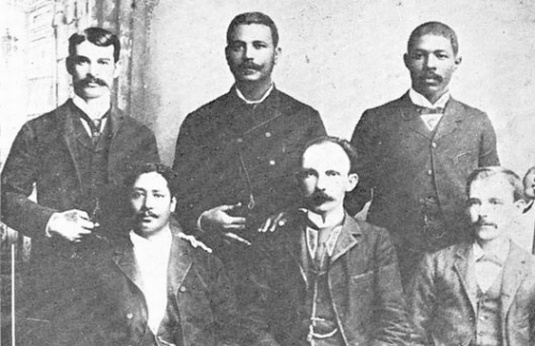The PRC foundation, during the so-called Fecund Truce period, responded to the need to create an organization to lead upcoming Necessary War against Spanish colonialism.
In its foundations, the political organization set out to organize the struggle not with the purpose of precipitating the war, nor to launch the country into an ill-disposed movement, but to order a generous and brief war that would ensure the happiness of all Cuban inhabitants through peace and work.
The PRC was conceived as a multi-class and political-military group, superior to those founded in previous stages, because it ensured a single command for the preparation of the armed struggle.
With its leadership, the 1895 war achieved the desired unity of forces, although it did not achieve Cuba’s total independence due to the intervention of the United States in 1898.
According to experts, after Marti’s death in 1895, the PRC lost its democratic nature and abandoned its main objectives. The Cuban Government noted that the precepts of unity of that organization remain valid in the current Communist Party of Cuba (PCC), considered a continuation of Marti’s principles.
The creation of the PRC was the highest expression of Jose Marti’s political genius and demonstrated his ability to unite the people and lead them to achieve their highest purposes.
 Escambray ENGLISH EDITION
Escambray ENGLISH EDITION





Escambray reserves the right to publish comments.